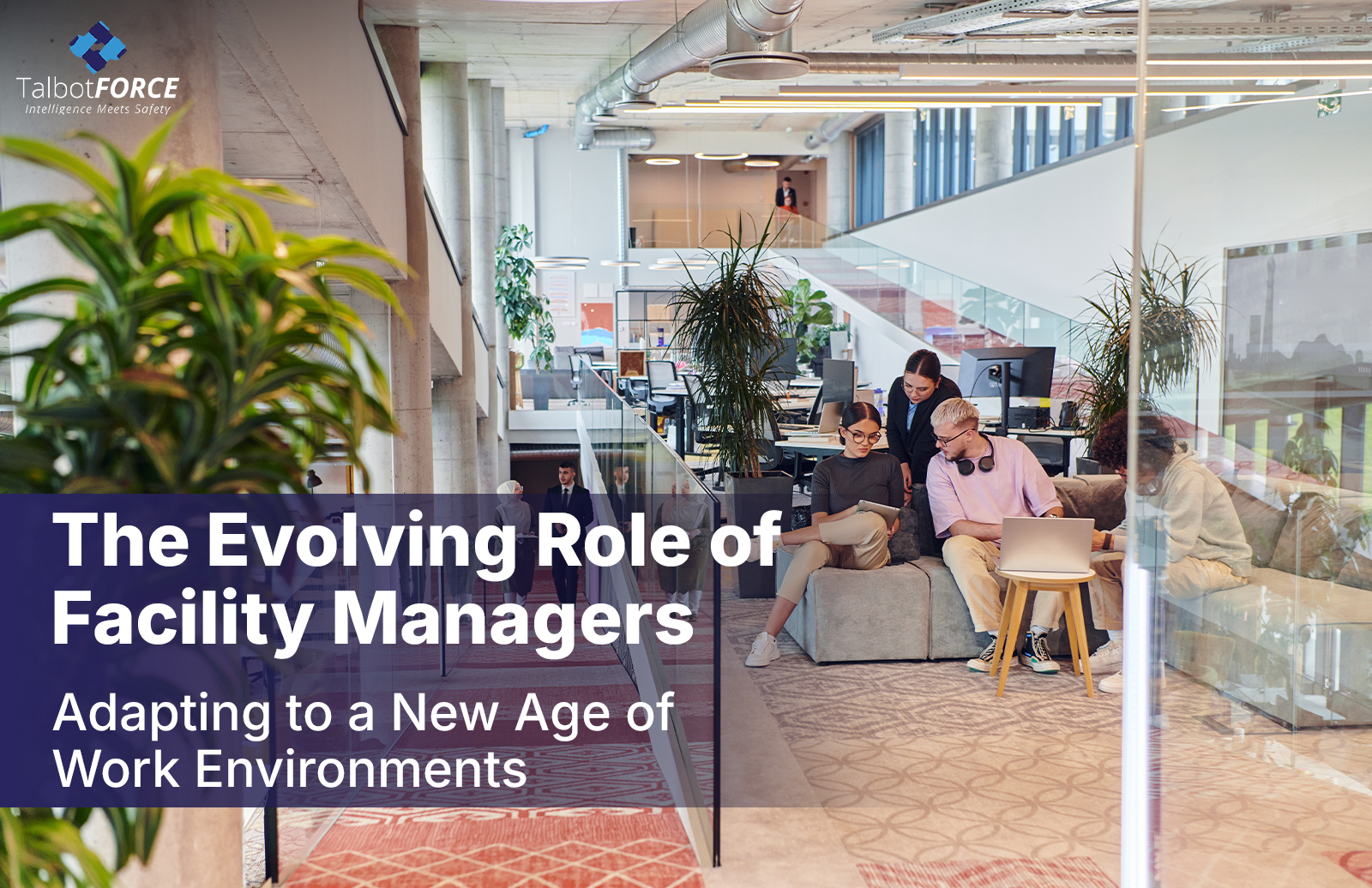Our approach to work is now evolving rapidly. From hybrid work models to high-tech workplaces to a concentration on sustainability, all of which help create more flexible and dynamic work environments than formerly. Facility Managers now have a vital part in this changing environment. They are now actively assisting businesses to change and prosper rather than merely managing maintenance.
Historically, Facility Managers mostly concentrated on keeping things running smoothly—managing heating, ventilation, security, cleaning, and space use. Although those obligations are still important, they constitute only a small fraction of a far more extensive picture. With more hybrid working arrangements and intelligent buildings, Facility Managers are growing designers of workplace experiences.
They Must Now Think About:
- Optimising space for in-person and remote collaboration
- Integrating digital tools for seamless operations
- Creating wellness-focused, engaging workspaces
- Ensuring sustainability compliance and ESG reporting
- Managing workplace data analytics
This evolution reflects the broader future of facility management roles, where cross-functional thinking, adaptability, and data-driven strategies are critical.
Drivers Behind the Shift
Several key factors are driving this shift in facility management:
1. Hybrid and Flexible Work Models
Offices are no longer 9-to-5 spaces. With employees coming in a few days a week or not at all, facility Managers must recalibrate space planning, occupancy tracking, and resource allocation in real time. This calls for digital infrastructure and flexibility in housekeeping, security, and pantry operations.
2. Technology Integration
IoT sensors, workplace apps, predictive maintenance tools, and digital twin models reshape the built environment. A modern Facility Manager is expected to understand and manage these tools, not just from a usage standpoint but also in terms of procurement, integration, and return on investment.
3. Sustainability and Compliance
As ESG goals become central to business strategy, Facility Managers are key to driving measurable impact through green certifications, waste management systems, energy-efficient lighting, or smart HVAC controls. They’re not just service providers but change agents for a more responsible future.
4. Employee Experience
Facility Managers are becoming custodians of employee comfort, safety, and well-being. Today, indoor air quality, ergonomic workstations, biophilic design, and community-building events are all within their remit. This adds a layer of HR-style thinking to an operational role.
Skillset Transformation
With these new expectations, the skillset of a Facility Manager is also evolving. It’s no longer enough to be technically proficient. The modern role demands:
- Digital literacy: Familiarity with workplace tech stacks, dashboards, and analytics
- Strategic thinking: Understanding business objectives and aligning facility strategies
- People management: Collaborating with multiple internal and external stakeholders
- Crisis response: Readiness to manage health, safety, and security incidents in a post-COVID world
Many organisations are even rebranding the role—from “Facilities” to “Workplace Experience” or “Workplace Operations”—to reflect this broader scope.
Looking Ahead
Innovation and changing workforce dynamics will continue to shape the future of facility management roles. As AI, automation, and sustainability take centre stage, Facility Managers will be expected to lead the transformation from the ground up. They’ll manage not just buildings but also ecosystems of services, experiences, and technologies.
Companies that invest in upskilling their facility teams, adopt flexible outsourcing models, and encourage data-backed decision-making will be best positioned to adapt. For service providers like TalbotFORCE, this means going beyond task execution to deliver strategic value through smart staffing models, customised SLAs, and tech-backed solutions that align with client goals.
In Conclusion
Today’s Facility Manager is not just a behind-the-scenes person anymore. Frontline leaders balance people’s needs with business results and innovation through targeted activities. Facility management will be crucial in helping the future of work—that is, efficient, adaptable, experience-led—be realised as workplaces keep changing.
Businesses trying to negotiate this change must interact with experienced facility management specialists who understand this development; it is not optional but necessary.
